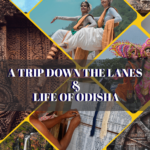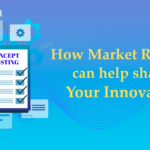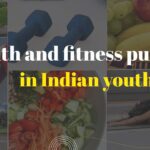
Blog

 Friday May 14, 2021
Friday May 14, 2021
Attitudes and behaviour in respect to the ongoing pandemic
On behalf of a global organization, we conducted a rapid assessment survey of the residents in selected slums in Kolkata to understand their attitudes and behaviour in respect to the ongoing pandemic
The problem:
- A global organization wished to understand the demographics of respondents in selected slums of Kolkata and gauge their Knowledge, Attitude and Practice in the wake of the COVID-19 pandemic under specific topics – like Nutrition, Water, Sanitation and Hygiene (WASH), Child Protection and Health. We were happy to conduct this survey and provide the client with a detailed overview of the Demographics, Knowledge, Attitude and Practices of respondents
Key actions and solution
- The methodological approach for the survey comprised a mix of on-field and off-field activities. Beneficiary identification and collecting their contact details comprised of on-field activities, whereas the planning of activities, development of survey questionnaires and training of surveyors was conducted via Zoom Platforms.
- The research was conducted through a combination of quantitative and qualitative research. A quantitative survey of close to 600 households was conducted. In terms of qualitative research, Key Informant Interviews (KIIs) were conducted with major stakeholders like Ward Councillors, police, politicians, teachers, sanitation workers and ICDS workers
- The household survey and Key Informant Interviews (KIIs) were conducted through a blended approach of Over-The-Phone and On Field interaction (wherever it was imperative) respectively.
- Some of the key areas covered in our research coverage were:
- Demographic profile of respondent, views and awareness of Covid-19, opinion on various aspects of Covid-19 such as infectious nature, symptoms, social distancing, testing, practice of masks, importance of vaccine, etc.
- Practice related to WASH (Water, Sanitation & Hygiene) like type of toilets used, disposal of fecal sludge, household garbage and Covid-19 waste, sources of drinking and household water, hand washing practice, impact of cyclone AMPHAN, support received, etc.
- Practices related to health services like visit of health workers, reason of visiting healthcare facilities, barriers in accessing health services, decision maker to visit health facilities, etc.
- Nutrition related services like services received from govt. and NGOs like Anganwadi Centre, receipt of food and nutrition supplement for pregnant women and children, precautions taken while feeding children during Covid-19
- Child protection issues like visiting school, cases of child marriage, elopement, child labour or missing child, etc., prevention of such cases, registration under government schemes, etc.
The result
- Our set of deliverables to the client included a report on the practices followed by the respondent under the above topics as mentioned previously. A differentiation of the results was done on the basis of different slums separately and a profile of different slums was provided. As part of qualitative findings, the opinion of different stakeholders as obtained from the in-depth discussions was reported individually along with the quantitative results.












